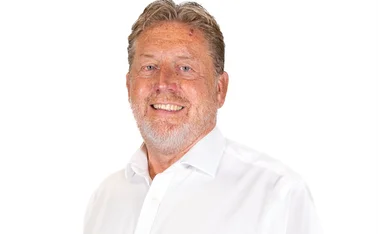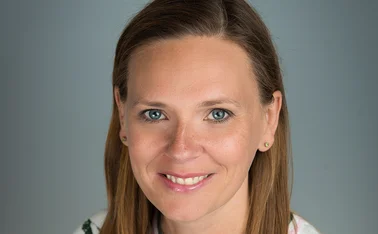
Diary of an Insurer: Halliwell Forensics’ Lee Masson
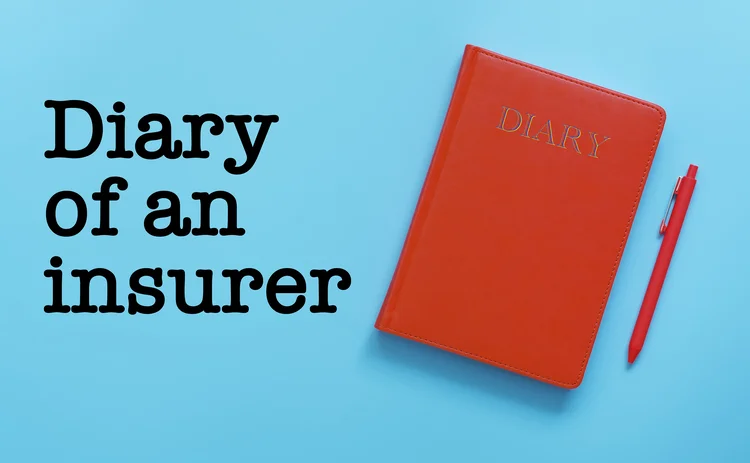
Lee Masson, managing director of Halliwell Forensics, examines a large warehouse fire, copes with court deadlines, and further develops his knowledge of fires in lithium ion batteries.
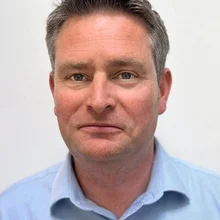
Monday
Monday mornings are a good time to get in order for the week ahead, so I dive into emails, prioritising the most pressing matters and work through numerous weekly management meetings and catch-ups.
Since launching the business a couple of years ago, our headcount has grown threefold, which means we’ve had to spend time implementing a clear management structure and processes to ensure we remain on top of our ever-growing workload.
With a quick coffee in hand, I embark on a series of discussions with my team members, assessing caseloads and discussing any technical aspects.
A new instruction arrives for a large warehouse fire that appears to have been caused by hot works. I research the incident, selecting a team member who has expertise in industrial losses and mechanical engineering. An MS Teams call with the instructing adjuster and solicitor sets the stage for what promises to be an intense investigation.
As the day unfolds, I tackle report writing for ongoing cases. Later, I catch up with the executive leadership team, delving into strategic discussions and exploring potential marketing opportunities that lie on the horizon.
Tuesday
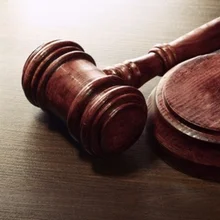
I spend the morning in consultation with counsel and solicitors, poring over documents and files related to an ongoing litigation.
We have been instructed as expert witnesses by the claimant who is seeking to recover damages from a large loss.
Court deadlines add a degree of urgency to the situation. Following the meeting, I research some technical points and discuss with colleagues.
Throughout the day, I exchange emails and phone calls, dealing with incoming instructions as I assess the team members best placed to handle matters. We assess on technical skill set, geographical location and workload for each team member.
Late afternoon a fire comes through that may have been caused by lithium ion batteries. I call on my colleague Dr Andrew Collins, who has a PhD in electrochemistry and specialist knowledge of fires in lithium ion batteries.
This is urgent as there appears to be significant business interruption exposure on insurers and we attend first thing the following morning.
I jump onto a joint Teams meeting on a large multi-party case. Arrangements are put in place for joint site inspection as well as information transfer between parties.
Wednesday

I travel to London to attend a conference on real estate claims. I’m based in Scotland but travel extensively, with London being a frequent destination. I’m giving a talk on technical forensic investigation of claims including aspects of policy warranty investigation in respect of issues of recovery, repudiation and claim defence.
In the afternoon I receive an instruction for a marine case abroad. It’s a cargo fire with some early evidence suggesting there may have been some hazardous cargo onboard that was not correctly declared.
I research the vessel and incident and conduct a number of calls with a case handler from the P&I Club as well as local representatives including surveyors.
Plans for travel take shape, accompanied by the planning of logistics and safety protocols, including appropriate PPE as this is a specialist cargo with specific requirements for access.
The vessel is due into port in four days. Information will come in in the following days and will require some processing, including analysis of any manifest for dangerous goods.
In the evening I meet some clients at their offices before taking them out to dinner.
Thursday
I travel to Ireland to investigate a large fire loss at a retail property. I meet the adjuster on site but mostly spend the day working with colleagues from other forensic firms.
This is very common on large multi-party losses where each party appoints forensic investigators to prevent conflicts of interest.
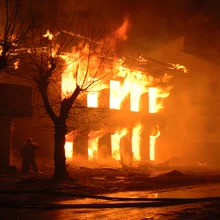
In addition to the assessment of the physical evidence, we interview several personnel who are witnesses to the incident or have knowledge of the site and relevant processes.
Friday
As the week draws to a close, I find myself amidst the remnants of a fire-damaged structure, coordinating with demolition contractors to secure safe access for our investigations.
Evidence is photographed, recorded and retained in our local stores pending further joint laboratory examination.
We take an enquiry regarding an electrical incident. I pass this on to our Chartered Electrical engineer, who will make arrangements to inspect the site and interview relevant personnel.
I return travel home and am back at a reasonable hour to take stock of another busy week and spend some leisure time with my wife Debbie and two young boys.
Only users who have a paid subscription or are part of a corporate subscription are able to print or copy content.
To access these options, along with all other subscription benefits, please contact info@postonline.co.uk or view our subscription options here: https://subscriptions.postonline.co.uk/subscribe
You are currently unable to print this content. Please contact info@postonline.co.uk to find out more.
You are currently unable to copy this content. Please contact info@postonline.co.uk to find out more.
Copyright Infopro Digital Limited. All rights reserved.
As outlined in our terms and conditions, https://www.infopro-digital.com/terms-and-conditions/subscriptions/ (point 2.4), printing is limited to a single copy.
If you would like to purchase additional rights please email info@postonline.co.uk
Copyright Infopro Digital Limited. All rights reserved.
You may share this content using our article tools. As outlined in our terms and conditions, https://www.infopro-digital.com/terms-and-conditions/subscriptions/ (clause 2.4), an Authorised User may only make one copy of the materials for their own personal use. You must also comply with the restrictions in clause 2.5.
If you would like to purchase additional rights please email info@postonline.co.uk

